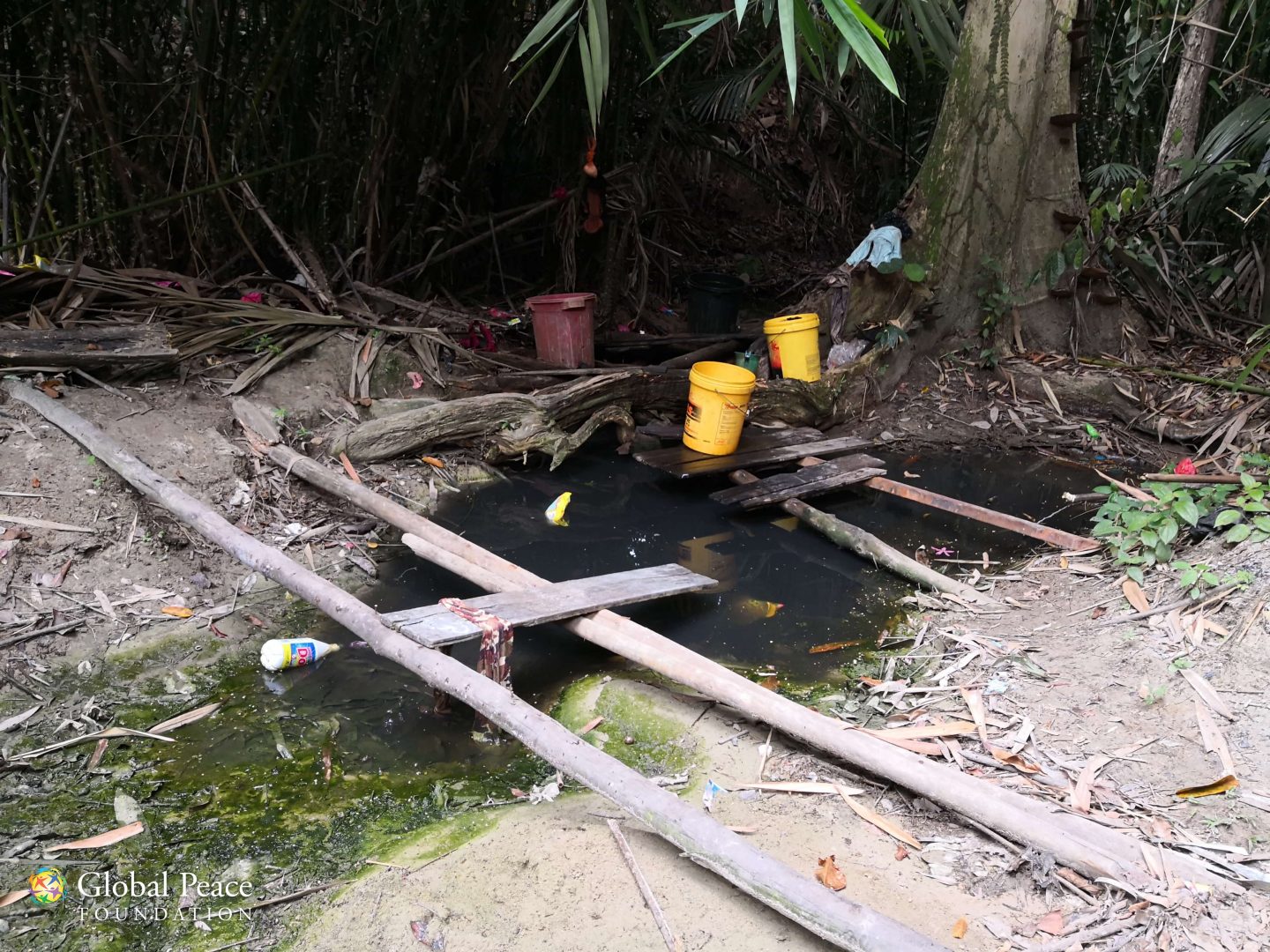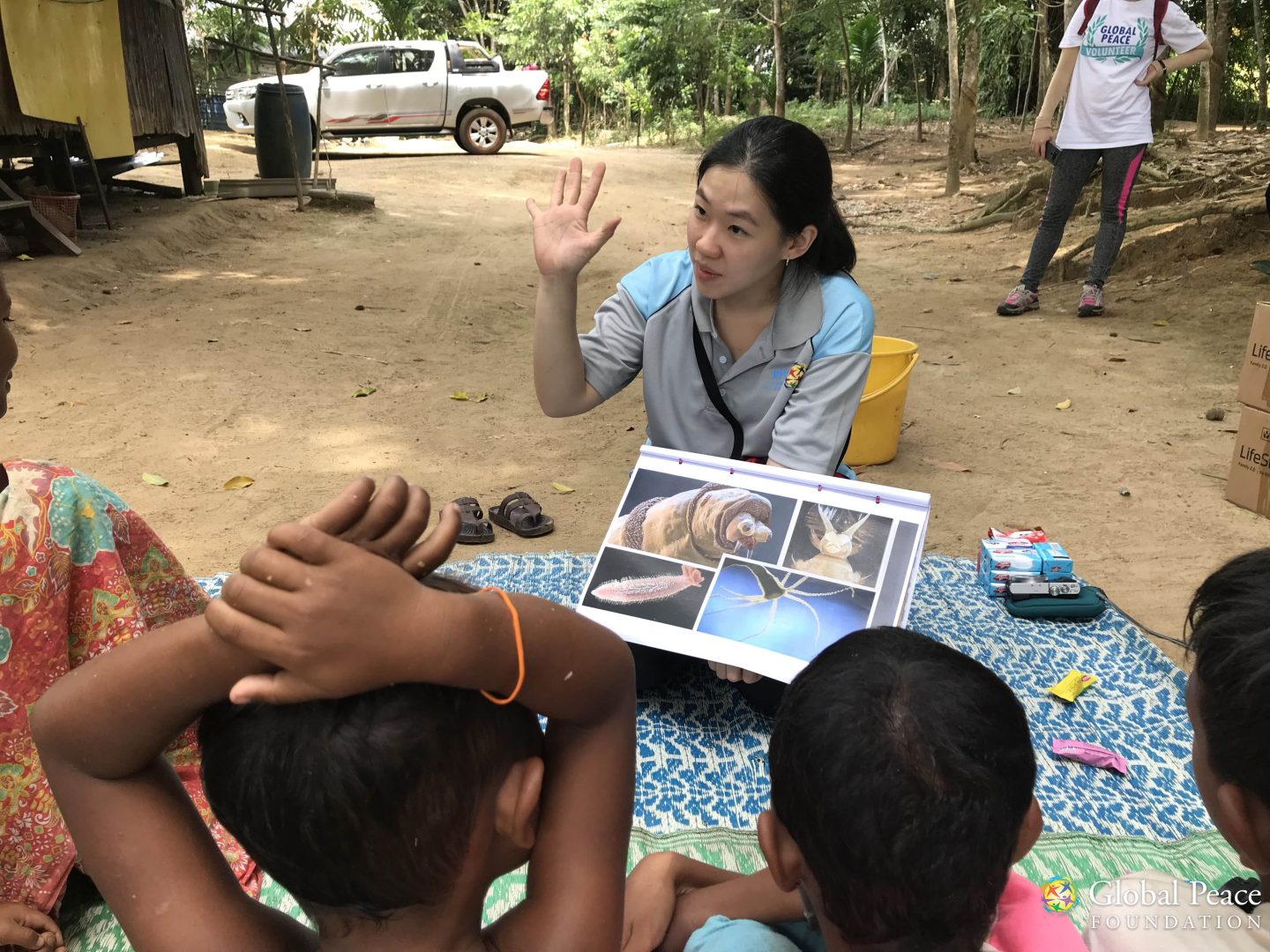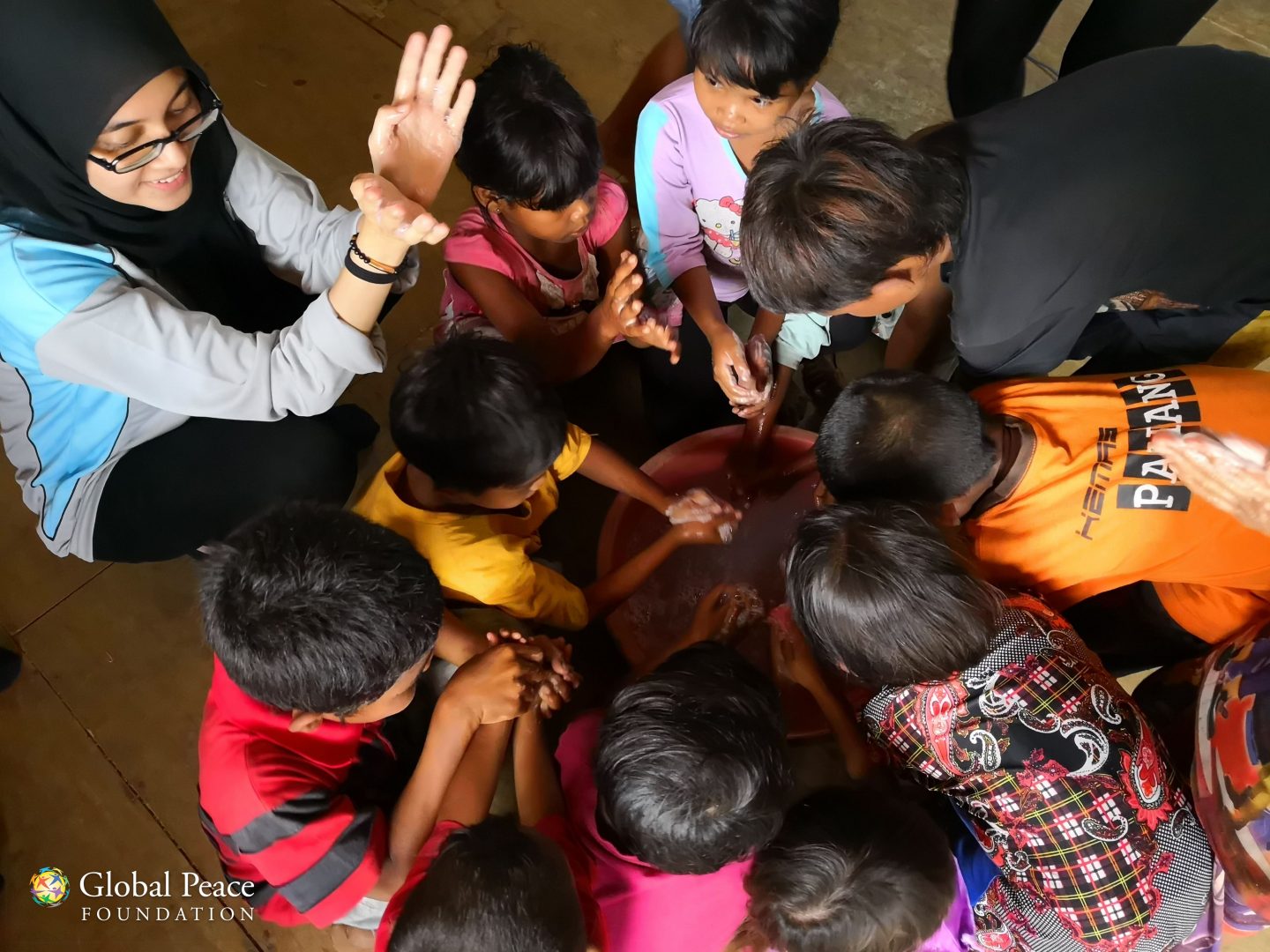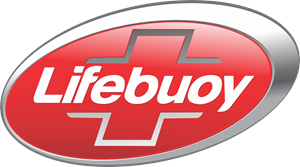Global Handwashing Day is observed every year on October 15th to spread awareness “about the importance of handwashing with soap as an effective and affordable way to prevent diseases and save lives.”
This year’s theme “Clean Hands – a recipe for health” seeks to remind everyone to practice washing hands before eating, meal preparation, and feeding children. This important but often overlooked habit is a simple way to prevent the spread of bacteria in food and curb the occurrence of foodborne diseases.
Water Scarcity in Orang Asli Villages
As part of our community development programme, we work with underserved communities living in poverty, mainly orang asli (indigenous) villages and some rural villages in East Malaysia. The remote location of these villages – many are hidden deep in oil palm plantations and take at least half an hour to get to – give rise to serious problems, an urgent one being water scarcity.
The orang asli have always relied on natural streams, wells, and ponds for water. When their surroundings change because of agricultural, mining, and logging activities, so does their water source.

An abandoned water source that has become a breeding ground for mosquitoes.
Water that used to be clear is now clogged with dirt, laced with the earthy taste of mud. Wells and ponds that used to provide plentiful water gradually become shallower and are left abandoned, becoming a breeding ground for mosquitoes, bacteria, and algae.
In these villages, the people are also afflicted with waterborne and water-washed diseases. The most common of these being diarrhoea and skin infections. While the villagers are aware of the dangers contaminated water pose to their life, they have no choice but to continue using it as it’s their only option.
Despite their best efforts to make the water safe for use, they still succumb to illness every now and then.
Promoting Handwashing through WASH
We introduced Water, Sanitation, and Hygiene (WASH) training as part of our Communities Unite for Purewater (CUP) clean water initiative. WASH is the educational aspect of CUP that complements the technical water solutions provided to create a programme that is both holistic and sustainable.

Programme coordinater, Fiona, showing images of the types of bacteria and parasites that can exist on our hands.
Water management, proper sanitation practices, and good hygiene habits are introduced through interactive activities to promote participation. We start off with handwashing with soap as it’s a simple thing that can significantly improve health.
The handwashing activity is broken down into five steps with each step highlighting different parts of the hands that should be washed. It’s a fun follow-along activity that both children and adults can join in.

Kids participating in our handwashing activity.
In order to make it into a regular habit, we link handwashing with daily activities. For example, washing hands before handling food is especially important for mothers who take care of cooking and feeding younger children. Likewise, it is vital for children who spend long hours playing outdoors to wash their hands after.
“Handwashing with soap is estimated to reduce diarrhoeal disease, a disease linked to higher risk of malnutrition, by 30%” – globalhandwashing.org
Something as simple as washing hands with soap can change lives, especially for those who live in water-stressed areas. Less time wasted on falling sick means more time spent on being productive; adults can go to work, mothers can focus on nurturing their young, and kids need not miss out on school.
We hope to continue our WASH training and spreading this awareness to the present and future communities we work with.
Written by
Yong Joy Anne, Storyteller
Our deepest gratitude to Lifebuoy for donating soaps and educational material for our WASH training.







